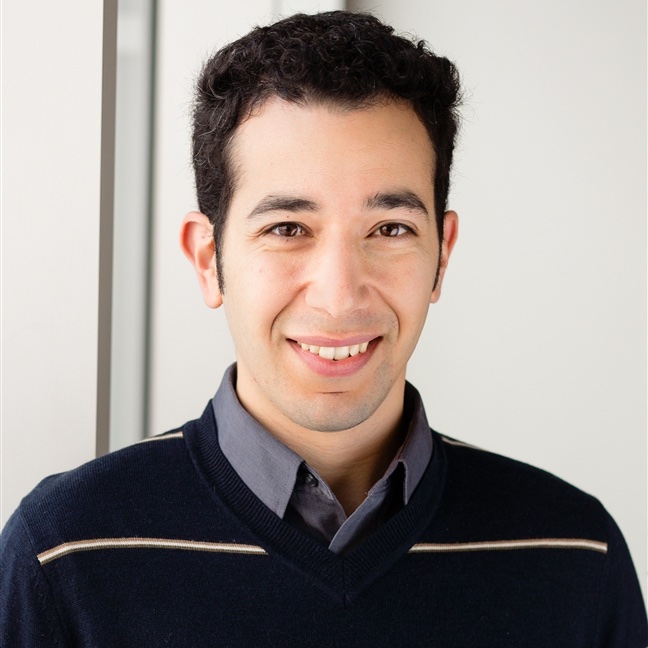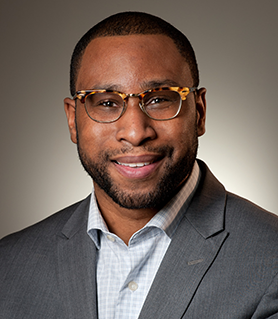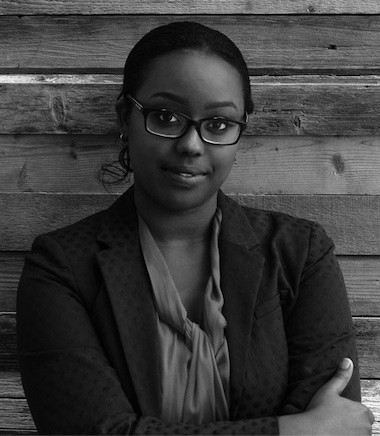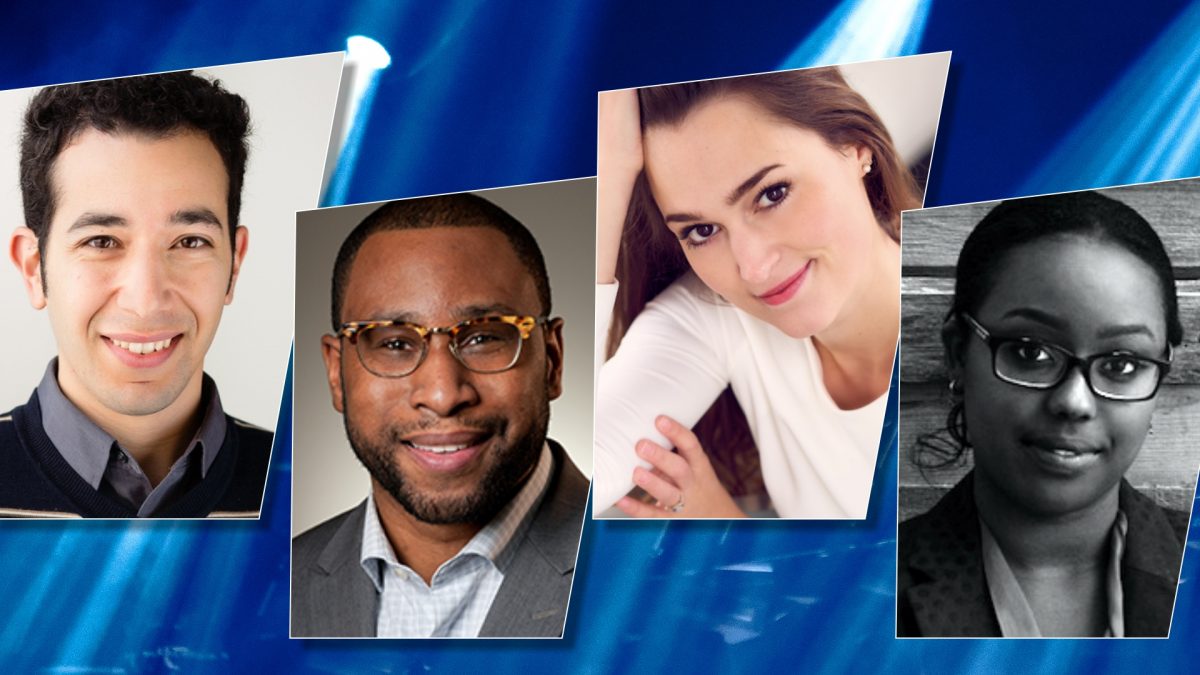It’s no surprise that Marianopolis is the place to be for budding musicians, given the expert and caring faculty and the fact that it is home to the only pre-university music program whose students study at McGill University’s Schulich School of Music. What may surprise you is where music studies at Marianopolis will take you. Here are just four of our Music Program alumni: a CEGEP dean, a lawyer, an international coloratura soprano and the founder of a non-profit foundation that provides free heart surgery to children in Africa.
Yotam Baum ’06, Music
Music at Marianopolis has taken me on a wild ride! I completed my undergraduate in music at Schulich, then pursued post-graduate studies in musicology at the University of Cambridge. I narrowly avoided completing my PhD and took what at the time I thought would be a short break to pursue a part-time teaching opportunity at Champlain College – Lennoxville. I intended to return to Cambridge, but over time I got more and more busy teaching music at both Champlain-Lennoxville and Bishop’s University. Eventually I became the coordinator of the department of Arts, Literature and Communication and maintained that position for seven years. I also pursue an independent music career as a writer, producer, performer and manager, and have received my second Juno nomination for my work with STORRY. And I wrote a musical called Dark nights, which recently had its premiere at the University of New Orleans. In December 2019 I accepted the deanship of Champlain-Lennoxville, and that position now occupies most of my time, but of course still find some time for music.
Best thing(s) about Music at Marianopolis? Studying music at Marianopolis was a dream-scenario for me. I remember sitting in class every day and basically pinching myself because I couldn’t believe that all the things I was most passionate about were finally in my day-to-day; at the core of my education. I loved the individual attention and support from all my teachers, the quality and breadth of the entire experience, everyone I interacted with daily at the College – students, teachers, staff.

Favourite memories? You can surmise from my enthusiasm that there are many excellent memories. I think that the Music Department concerts were probably my favourite times. The preparation, the nerves, impressing my friends and parents (I was 16, give me a break!).
Advice for high school students? the program is a formidable first step toward becoming a professional musician. You have plenty of opportunity to grow with your individual instrument, but also really good exposure to other fields in music, where you can be guided to discover your strengths. The partnership with Schulich is a rare gem and privilege: you get a head start in one of the world’s most competitive programs.
Anything else? I loved the music program, but I also loved the College on the whole, and I think of it fondly to this day.
Stephen De Four-Wyre ’07, Music
I began studying classical music from a young age (violin and piano) and took an early interest in conducting. During elementary school and high school (at F.A.C.E.), I played the trumpet and sang in choral ensembles. I then pursued post-secondary studies in music at Marianopolis and McGill (B.Mus.). During these post-secondary studies, I formed and conducted ensembles (both choral and instrumental) consisting of my peers. I also participated in conducting seminars led by Maestro Alexis Hauser, first as an observer and then as an active participant, where I was given podium time with McGill’s Beethoven Orchestra.
Since then, I graduated from McGill’s Faculty of Law (where I conducted a choral ensemble) and obtained an M.A. in musicology from the Schulich School of Music. During my M.A., I again had the good fortune of actively participating in Alexis Hauser’s conducting seminar.
Currently, I work as an immigration lawyer, as well as a university lecturer. I am also the president and assistant conductor of Pronto Musica, a non-profit organization that serves as a platform of repertoire-building for young gifted professional musicians.

Best thing(s) about Music at Marianopolis?
- The people (staff, professors, and fellow students)
- Opportunity to participate in McGill ensembles and to study with McGill music professors
- Access to great practice facilities
- Intimate cohort, which meant lots of personal attention
- Developed a very strong theoretical and practical foundation in music
Favourite memories? Too many to list! However, I will say that every single teacher in the Music Department was fantastic.
Anything else? Marianopolis Music is truly an exceptional program. Not only can it lead you to an exciting and fulfilling career in music, but other incredible paths are open to music graduates.
Claire de Sévigné ’06, Music
I’ve been named one of CBC’s Top Young Canadian Classical Musicians and nominated for a Classical Album of the Year JUNO award for my Naxos album of Vivaldi Cantatas with Kevin Mallon and the Aradia Ensemble.
After getting my Bachelor’s in Vocal Performance from the Schulich School of Music, I received a Master’s in Operatic Vocal Performance from the University of Toronto. I have participated in several training programs, including the Aspen Summer Festival, Music Academy of the West, Tafelmusik Summer Festival and Vancouver Opera Young Artist Intensive. My musical studies have taken me to Italy and Austria, where I was part of the Salzburg Young Singers Project, the Zürich Opera House’s International Opera Studio and an ensemble soloist at the Grand Theatre of Geneva.
I’ve performed as a soloist throughout the world and received various prizes, top placement and grants. I am proud to be supported by the Jacqueline Desmarais Foundation, Social Sciences and Humanities Research Council’s Bombardier Master’s Research Grant, the Canadian Opera Volunteer Committee as well as the Leanara Foundation in Zürich. The Chicago Tribune said about me, “The melodic ornamentation articulated in the stratosphere of her instrument is serenity incarnate.”

Best thing(s) about Music at Marianopolis? The teachers’ patience and guidance and the connection to McGill’s faculty and ensembles. The classes were small so we really got the attention we needed to succeed.
Favourite memories? I loved my music history and music theory classes. One of my favourite teachers was Ms. Fredericka Petit-Homme, who taught us how to read solfège. She was also later able to offer me professional opportunities in the field!
Advice for high school students? The classes are smaller at Marianoplois and the teachers really have one-on-one quality time to give their students. The opportunity to have access to McGill during my college days offered useful exposure for when it became time to audition for university. This is one of the best things about the program, in my opinion. I highly recommend taking some extra music theory classes before your placement exams with Marianopolis. This was some of the hardest material of the program and the test scores matter. Although the basics and fundamentals in performance are important I really felt that the audition panel was also looking for potential, commitment and artistry - so go for it!
Sandrine Murengerantwali ’16, Music and Social Science
After pursuing music at Marianopolis, I started a Bachelor of Law at the Faculty of Law at McGill. Music gave me many skills that I can apply in the sphere of law. The skills developed during performances at Marianopolis translated into the ability to present factums and participate successfully in mooting exercises.
The necessity to develop creativity as a musician is also very connected to the ability to take a look at a legal issue with a multitude of point of views and to think outside the box. Just like in music where you can play a piece in many different ways, you are required to consider a legal issue in all its forms and possibilities.
Music has also given me the opportunity to start my own NGO, Vivo Cuore Foundation. Through benefit concerts, Vivo Cuore has been able to send Rwandan children with heart defects to partnering countries such as Spain and France. Music has been the connecting factor between the goal to provide Rwandan children with reparative surgeries and to raise awareness on congenital heart diseases and Rwandan children.

Best thing(s) about Music at Marianopolis? The Music program at Marianopolis felt like a second family. It is a small program in which you really take the time to know your peers. All the professors in the program were always available to help you grow as a musician.
Favourite memories? I sincerely have the best memories at Marianopolis in every music course. The teachers taught us about musicianship, but most importantly showed me that music has the potential to connect people from all walks of life.

